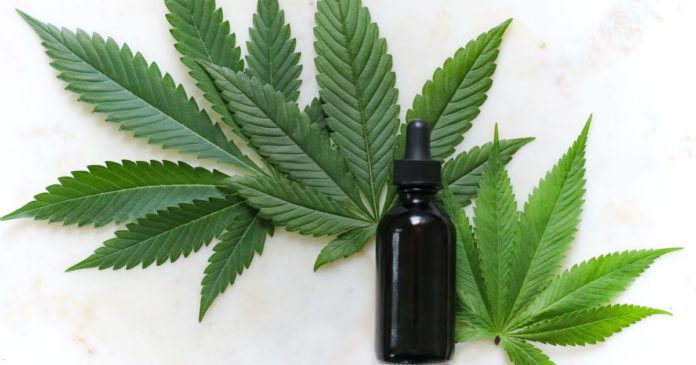Significant discrepancies have again been found between advertised and actual CBD content in cannabidiol-containing products in the UK.
CBD-based products are easily sourced in the UK, but even with more regulatory oversight introduced over the past few years, quality appears to be an ongoing issue.
New research has quantified and compared CBD concentrations in various aqueous tinctures (13 products), oils (29 products), e-liquids (10 products) and drinks (11 products). All products were purchased online in the UK.
Analysis determined few products had measured CBD concentrations within 10% of advertised concentrations, with most below what’s stated on the label. Only 5/63 (8%) of products had measured concentrations within the 10%. Of the four categories, oils deviated the least.
“These findings may be indicative of poor manufacturing standards, or that CBD undergoes degradation in consumer products,” the researchers state. “This reinforces concerns over quality of CBD-containing consumer products and may highlight the need for improved regulation of such products”.
In terms of degradation, the researchers note CBD in e-liquids can degrade 15–20% over 30 days when exposed to natural light or constant 37°C temperatures, and they suggest CBD is more unstable when dissolved in water than in oils.
The study, carried out by researchers from Loughborough University and Bridge Farm Group, has been published in the Journal of Cannabis Research. The authors note their study assessed CBD concentrations in a broader range of products than has previously been examined within the UK.
As mentioned, quality control in CBD products sold in the UK isn’t a new problem. Back in 2019 we reported on a study that found just 38% of the products were within 10% of the advertised CBD content. Additionally, THC or CBN was detected in 45% of products, and contaminants such as dichloromethane were detected in a significant proportion.
Last year, the UK’s Food Standards Agency published its final list of CBD products that can be marketed in England and Wales – and at that point close to 12,000 products had passed muster. Currently, the number of products on the list is 12,115. It’s not clear if any/all of the products in this latest study are among those on the FSA list.


